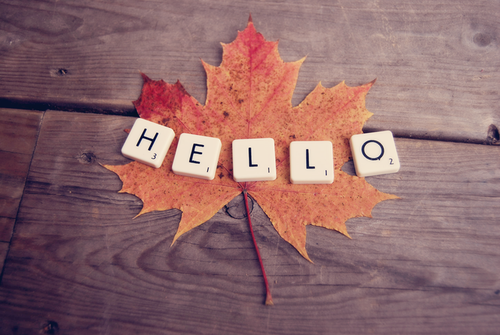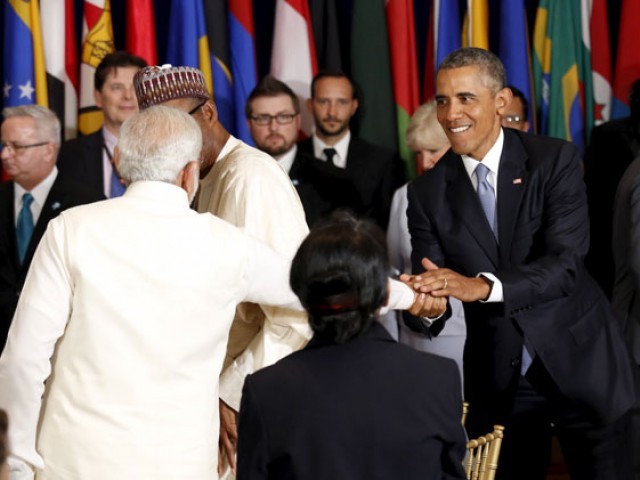
We use a thousand common phrases and gestures every single day without thinking twice about them. Saying “hello” or “hi” when we greet someone and shaking their hand, and saying goodbye when we leave are almost second nature to us, and the usage goes back hundreds of years…but why? Why were these particular phrases chosen, and why on earth do we shake hands?
Where Did “Hello” and “Goodbye” Come From?
Nobody is actually sure when Europeans first started saying “hello” to greet people, or why, but there’s a few origin theories: the most popular of which goes back to the Middle English word, ‘hy’, or, as you might know it: ‘hey’, which was commonly used to get people’s attention. However, there’s a very simple and much more recent origin for the commonly used “hello”.
The Phone Book
Believe it or not, the first standardized usage of the word, “hello”, to greet someone began with the very first telephone book. It was published by the District Telephone Company of New Haven, Connecticut, in 1878, and in its section about proper telephone etiquette, it told users to start their conversations with “a firm and cheery ‘hulloa.'”
From then on ‘hulloa’, ‘hullo’, or ‘hello’, became the standard proper greeting when meeting someone.
Medieval Slang…

“Goodbye” is a whole other beast. Europeans have been saying “goodbye” since the sixteenth century. Well…sort of.
During the Middle Ages and Renaissance period, it was customary to, when you were leaving someone or ending a letter, say the phrase “God be with you”, or “God be with ye”, as a sort of religious good-luck blessing. Well, people being people, and people being lazy, they ended up shortening how the phrase was written to the contraction: “godbwye”, which then was further shortened to our modern “goodbye”. Of course, humans being humans, we’ve now shortened this even further to simply, “bye”. It just proves we’ve been using so-called ‘chat speak’ for centuries!
Why Do We Shake Hands?

Unlike standard greetings and saying ‘goodbye’, shaking hands has a far more sinister origin. It all began thousands of years ago when people were still afraid every single person they met was out for blood. In a gesture of goodwill and to prove that no weapon was being concealed by either party, people would shake hands (or grip each other’s forearms). Obviously, if your hand was free to shake, you couldn’t be holding a weapon.
Why the Right Hand?
Of course, it’s most common to shake a person’s right hand. This might just be because there are generally a larger number of right-handers in the world, but this probably actually goes back to one of two reasons.
The first is, well, any small knife was usually held in the right hand. If you shook a person’s right hand, you could be sure that he wasn’t concealing any weapon that he might use to disembowel you. The second reason goes back to the pre-toilet paper days. Before the invention and use of toilet paper, people commonly used their left hand to clean themselves. It was only polite not to offer your poop hand for a stranger to shake.
So there you have it, the history of two of our most common English phrases and one of our most popular gestures.